Informazioni sulla borsa
Ogni anno viene indetto un Bando per Borse di Studio di una durata variabile, in funzione del progetto, da 6 a 24 mesi. In questo periodo il vincitore si unirà ad uno dei team di ricerca già al lavoro presso l’Istituto. La borsa prevede un importo da $15.000 a $26.000 all’anno, in funzione del livello professionale del candidato.
I giovani ricercatori Italiani, laureati in discipline medico-scientifiche, hanno possibilità di effettuare un programma di studio e perfezionamento della ricerca o un post-dottorato. La prima edizione è stata nel 2002. Il dettaglio delle singole edizioni è riportato nelle pagine seguenti
http://sergiolombroso.arpsoft.webfactional.com/wp-content/uploads/2015/08/Visiting-Student.png
Progetti di ricerca associati
Ogni anno viene indetto un Bando per Borse di Studio di una durata variabile, in funzione del progetto, da 6 a 24 mesi. In questo periodo il vincitore si unirà ad uno dei team di ricerca già al lavoro presso l’Istituto. La borsa prevede un importo da $15.000 a $26.000 all’anno, in funzione del livello professionale del candidato.
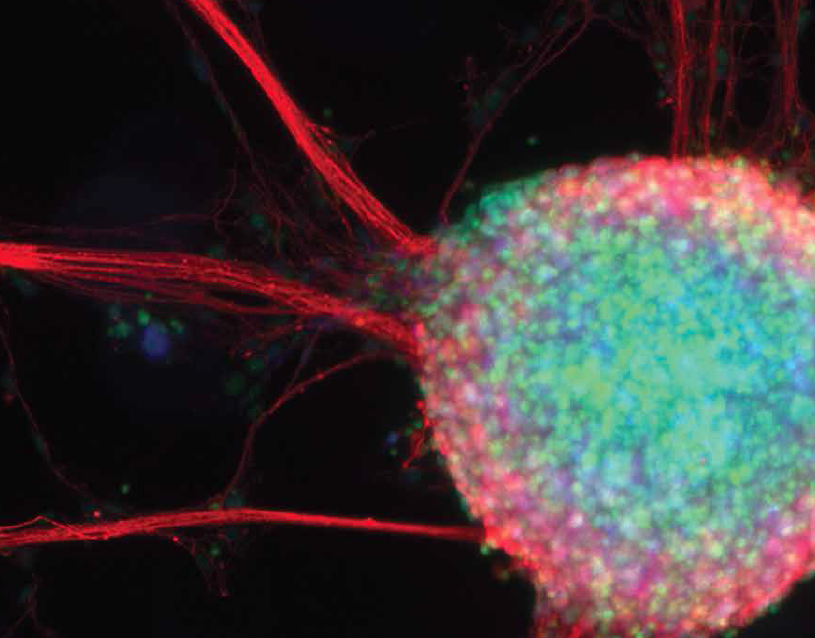 |
Prof. Yosef Yarden, Department of Biological Regulation [email protected] Much of Prof. Yosef Yarden’s research is centered on EGFR, a family of growth factor receptors that play a critical role in tumor progression. Approfondisci |
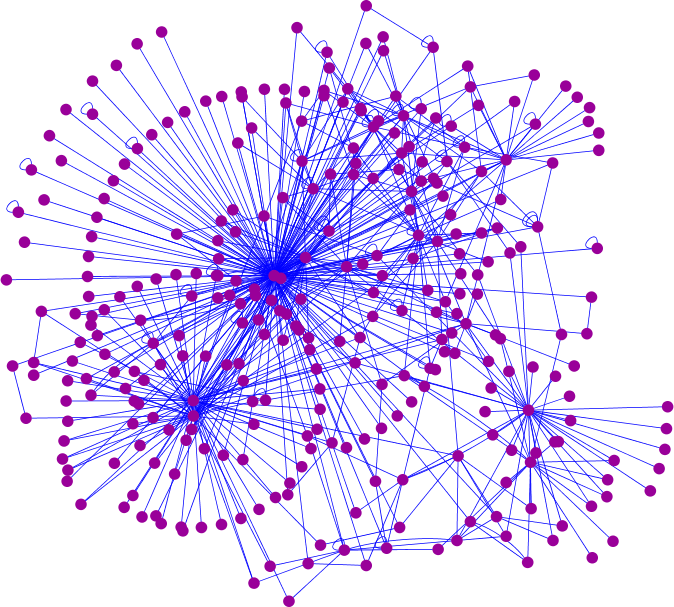 |
Dr. Ravid Straussman, Department of Molecular Cell Biology [email protected] The Straussman lab studies mechanisms of resistance to anti-cancer therapies. After demonstrating that cells of the tumor microenvironment can modulate the sensitivity Approfondisci |
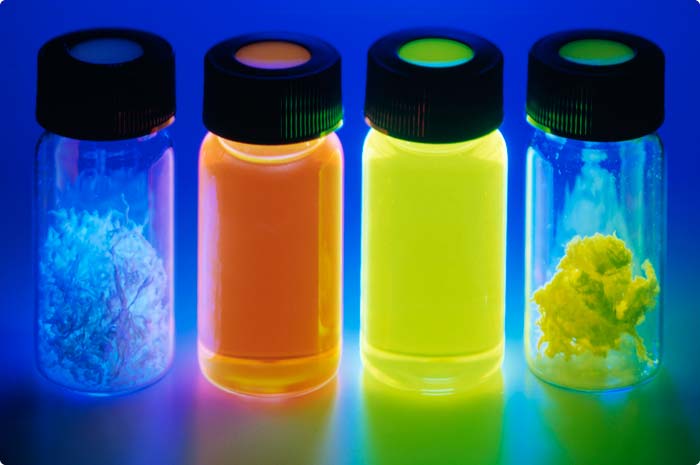 |
Dr. Ziv Shulman, Department of Immunology [email protected] Dr. Ziv Shulman studies the cellular and molecular processes that lead to the generation of protective antibodies in response to vaccination or pathogen Approfondisci |
 |
Prof. Idit Shachar, Department of Immunology Prof. Idit Shachar’s research focuses on factors that affect mature peripheral lymphocytes–a subtype of the white blood cells that circulate in the blood, protect Approfondisci |
 |
Dr. Ruth Scherz-Shouval, Department of Biomolecular Sciences [email protected] Dr. Scherz-Shouval examines how cancer cells recruit and subvert normal cells to create an environment that promotes tumor progression and metastasis. She Approfondisci |
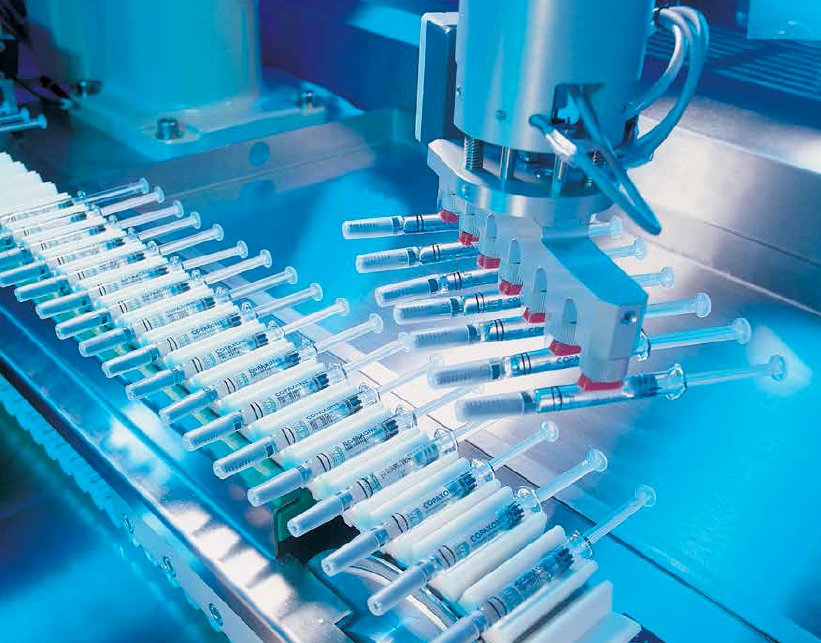 |
Prof. Avigdor Scherz, Department of Plant and Environmental Sciences [email protected] Prof. Avigdor Scherz is a plant scientist who has parleyed his knowledge of photosynthetic materials into a revolutionary cure for Approfondisci |
 |
Prof. Yardena Samuels [email protected] The research of Prof. Yardena Samuels focuses on cancer genomics and immuno-genomics in melanoma. In her postdoctoral work, Prof. Samuels discovered a gene that mutated in 32% Approfondisci |
 |
Prof. Yinon Rudich, Department of Earth and Planetary Sciences [email protected] Prof. Yinon Rudich is an expert on aerosols—the airborne dust that has a significant impact both on global climate patterns Approfondisci |
 |
Prof. Varda Rotter, Department of Molecular Cell Biology [email protected] Prof. Varda Rotter is among the pioneers who discovered the p53 protein, and provided original insights for the understanding of the Approfondisci |
 |
Prof. Moshe Oren, Department of Molecular Cell Biology [email protected] Prof. Oren is studying a key player in molecular cancer control—the tumor suppressor gene called p53. In the early 1980s, he Approfondisci |
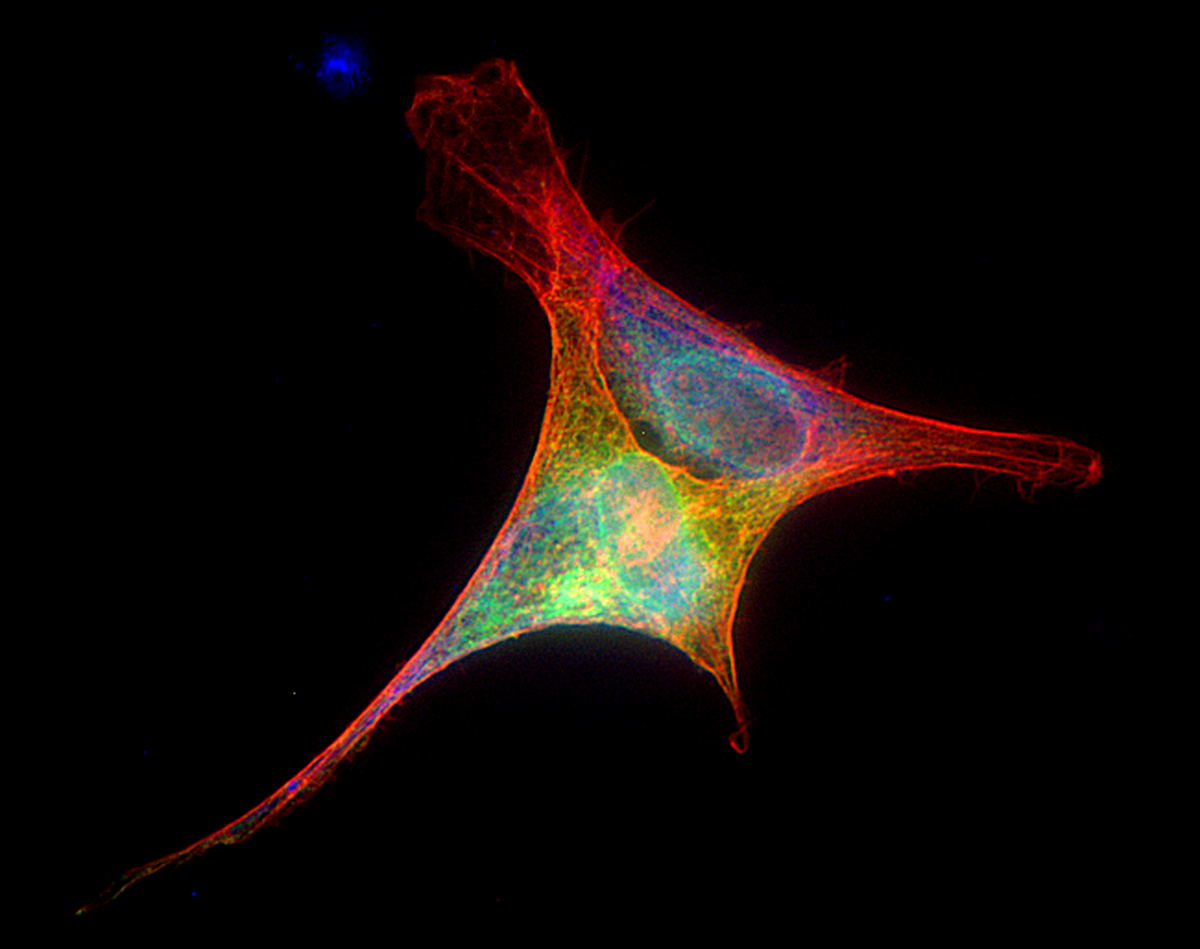 |
Prof. Michal Neeman, Department of Biological Regulation [email protected] Prof. Michal Neeman’s research focuses on mechanisms that regulate angiogenesis—the development of new blood vessels—particularly in ovarian cancer. Her research has demonstrated Approfondisci |
 |
Prof. Sima Lev, Department of Molecular Cell Biology [email protected] The research of Prof. Sima Lev focuses on TBNC, or “triple negative” breast cancer – a hard-to-treat, aggressive tumor that lacks Approfondisci |
 |
Prof. Tsvee Lapidot, Department of Immunology [email protected] Stem cell transplantion is a treatment for some cancers, including leukemias, as well as for immune deficiencies linked to inherited genetic mutations. In Approfondisci |
 |
Prof. Valery Krizhanovsky, Department of Molecular Cell Biology [email protected] Cellular senescence, an age-associated and irreversible form of cell cycle arrest which limits cells’ proliferative potential, serves as a potent barrier Approfondisci |
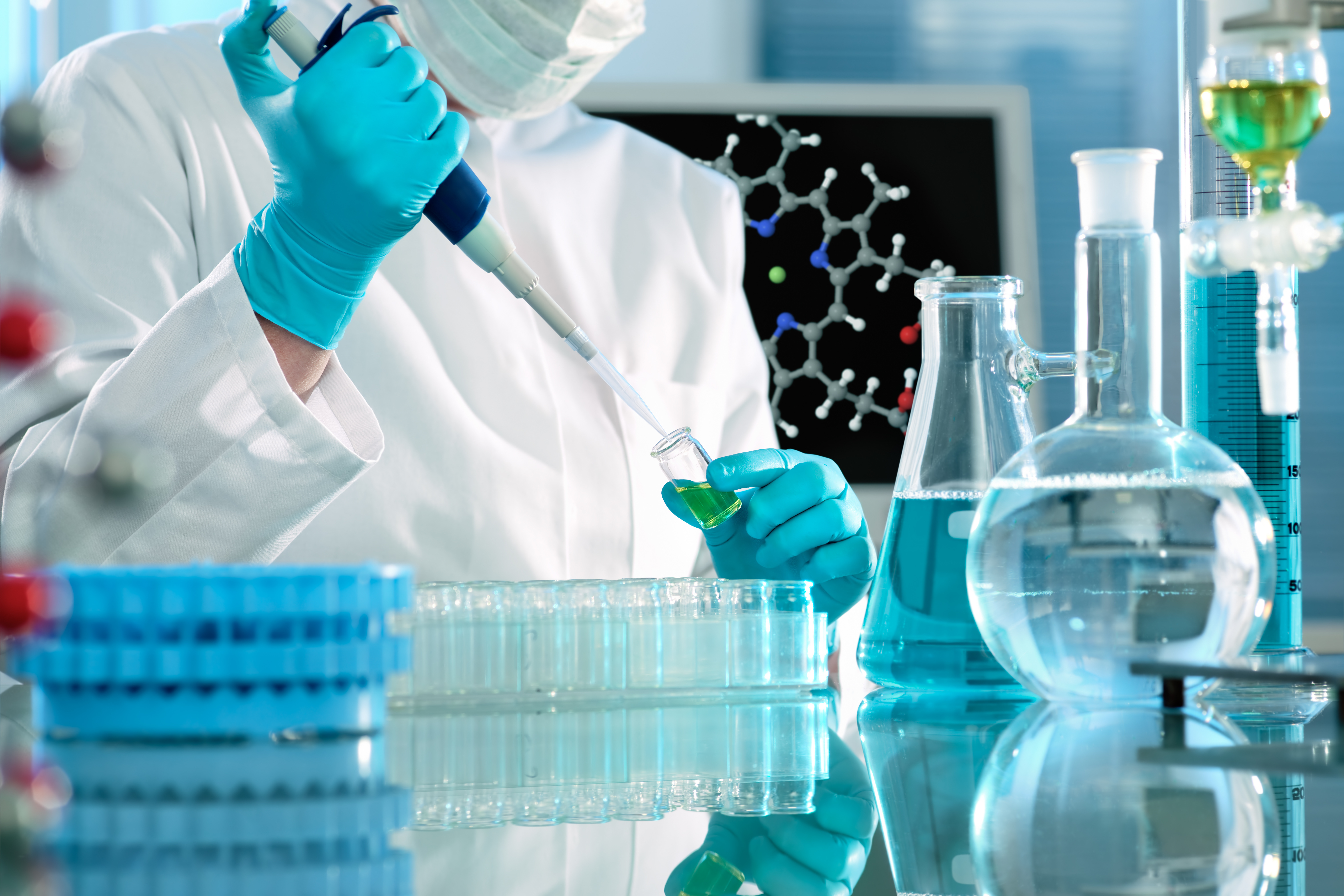 |
Prof. Adi Kimchi, Department of Molecular Genetics [email protected] Programmed cell death is the principal mechanism by which cells are physically eliminated in our body. Cancer cells must turn off this Approfondisci |
 |
Prof. Benjamin Geiger, Department of Molecular Cell Biology [email protected] Prof. Benjamin Geiger’s research focuses on the molecular mechanisms that control cellular adhesion and migration. In a recent study that may Approfondisci |
 |
Dr. Ayelet Erez, Department of Biological Regulation [email protected] A physician-scientist, Dr. Ayelet Erez is a geneticist and medical doctor who treat families with genetic cancer in addition to heading a Approfondisci |
 |
Prof. Eytan Domany, Department of Physics of Complex Systems [email protected] The main research activity of Prof. Domany’s group is trying to mine data from large-scale experiments in biology. Taking a Approfondisci |
 |
Dr. Ido Amit, Department of Immunology [email protected] Prof. Ido Amit pioneered single cell genomic technologies and their application to the characterization of the immune system. Answering some of the most fundamental questions Approfondisci |
 |
Prof. Uri Alon, Department of Molecular Cell Biology [email protected] When a number of chemotherapy drugs are used for treating cancer, they must work well together, and be mixed in the Approfondisci |
 |
Prof. Ronen Alon, Department of Immunology [email protected] Examining how immune cells and metastatic cancer cells migrate into and out of the blood vessels in which they circulate, Prof. Ronen Alon’s Approfondisci |
 |
Using special flow chambers that simulate blood flow and intravital microscopy in genetically manipulated mice, Prof. Alon and his team are investigating how both endothelial and perivascular trafficking molecules promote... Approfondisci |
 |
Dr. Amit studies the genomic code enabling immune cells to differentiate into specific subtypes and devise a specific response to invading pathogens. Approfondisci |
 |
The long- term goal of Prof. Lev’s studies is to define the signaling pathways and the intracellular signaling components that contribute to the development and progression of breast cancer. Approfondisci |
 |
Prof. Livneh’s laboratory investigates the molecular mechanisms of DNA repair and mutagenesis and their biological role under normal and pathological conditions, primarily cancer. Approfondisci |
 |
Prof. Neeman’s research centers on elucidating the mechanisms that regulate angiogenesis, using magnetic resonance and optical imaging. Approfondisci |
 |
The main goals of Prof. Oren are to elucidate the processes that underlie the ability of p53 to act as a tumor suppressor and the mechanistic links between regulation of Approfondisci |
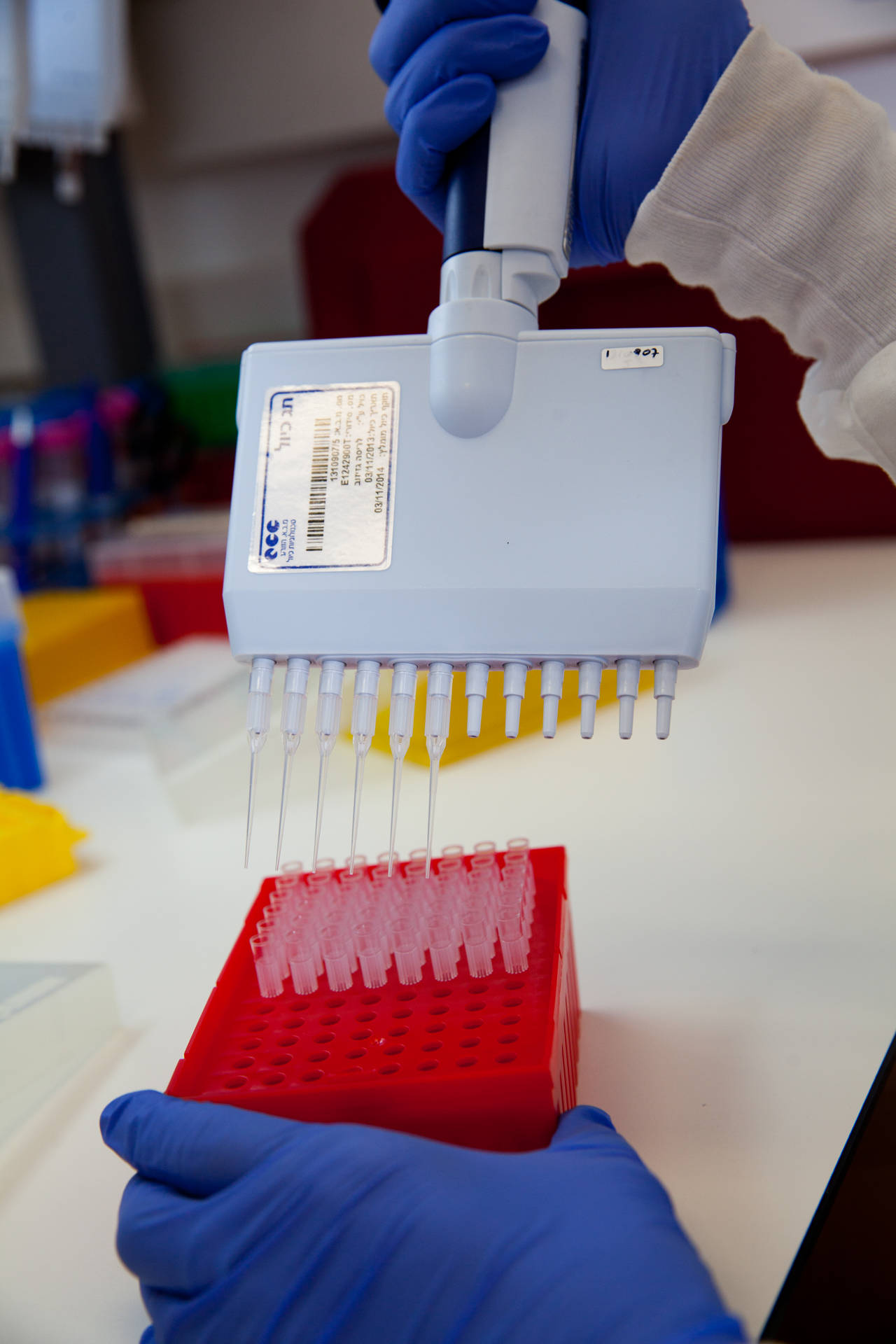 |
Research in Prof. Rotter’s lab is focused on revealing the mechanism by which wild-type p53 acts in normal cells and the way in which mutant p53 contributes to cancer development. Approfondisci |
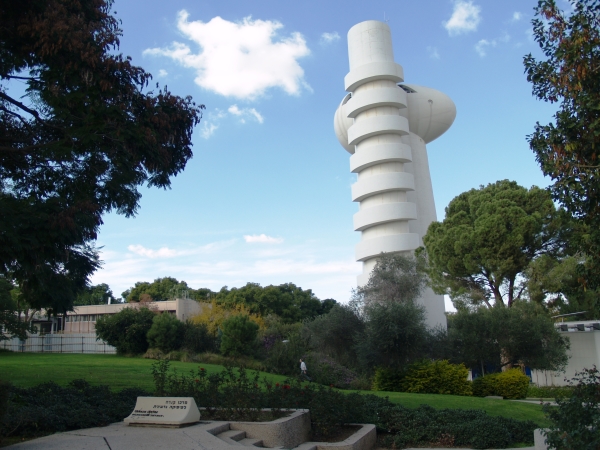 |
Prof. Samuel’s group aims to discover recurrent tumor-specific mutations in melanoma using high- throughput, whole-exome, and whole-genome sequencing approaches. Approfondisci |
 |
Prof. Segal’s group develops computational models aimed at understanding how molecular components interact to carry out complex biological functions. Approfondisci |
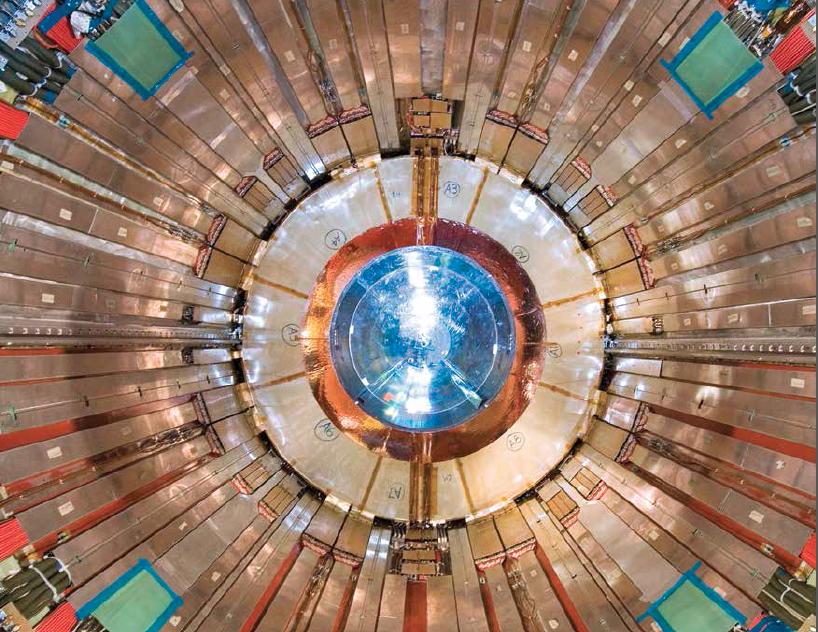 |
Prof. Seger’s current studies focus on the mechanism by which the linear signaling cascades induce many distinct, and even opposing, physiological and pathological processes. Approfondisci |
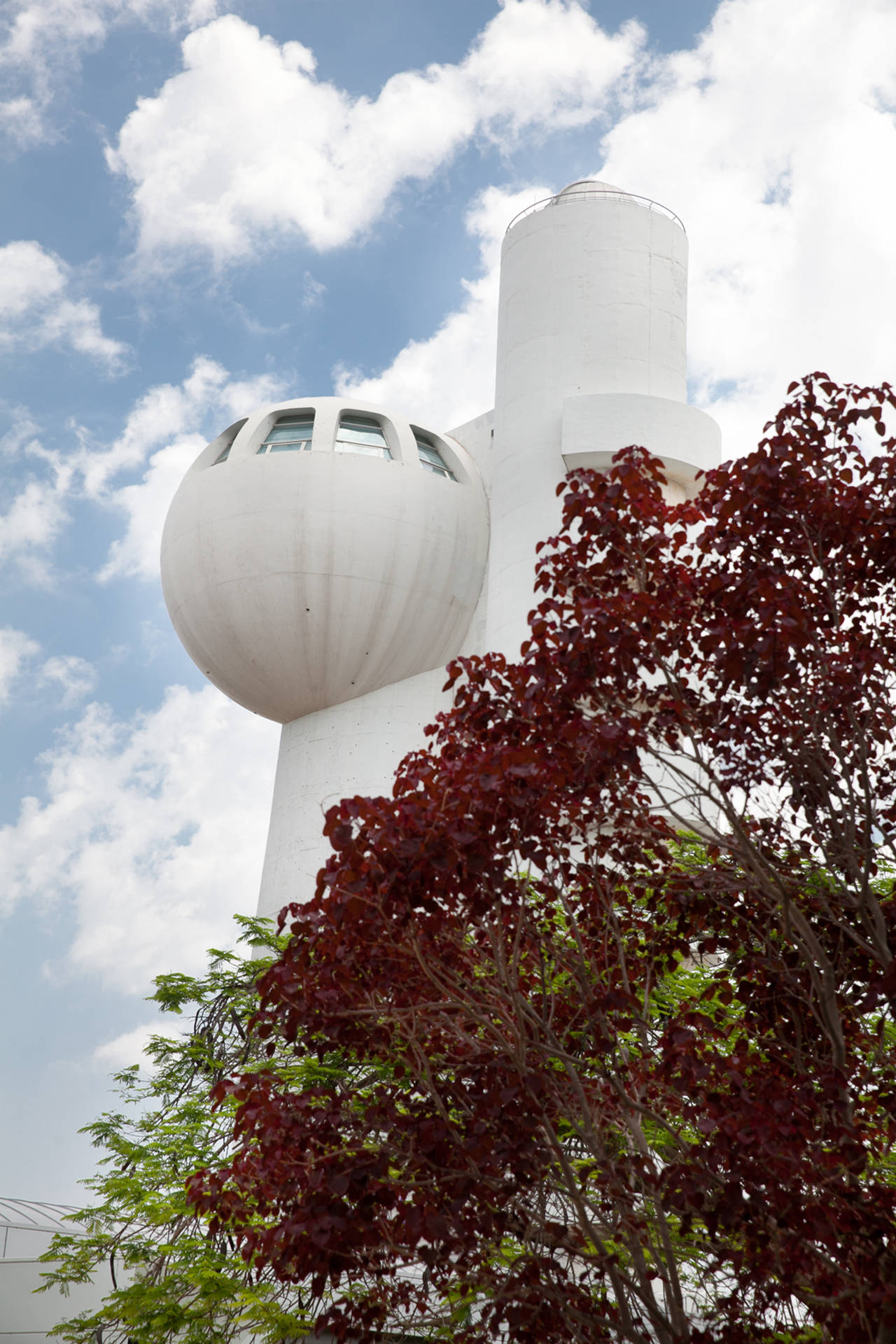 |
Dr. Amos Tanay’s group is studying the physical interfaces that associate genomic information with mechanisms that interpret it in the nucleus. Approfondisci |
 |
Prof. Yarden addresses the effect of the ErbB family on the mobility of tumor cells and on their ability to cross tissue barriers. Approfondisci |
